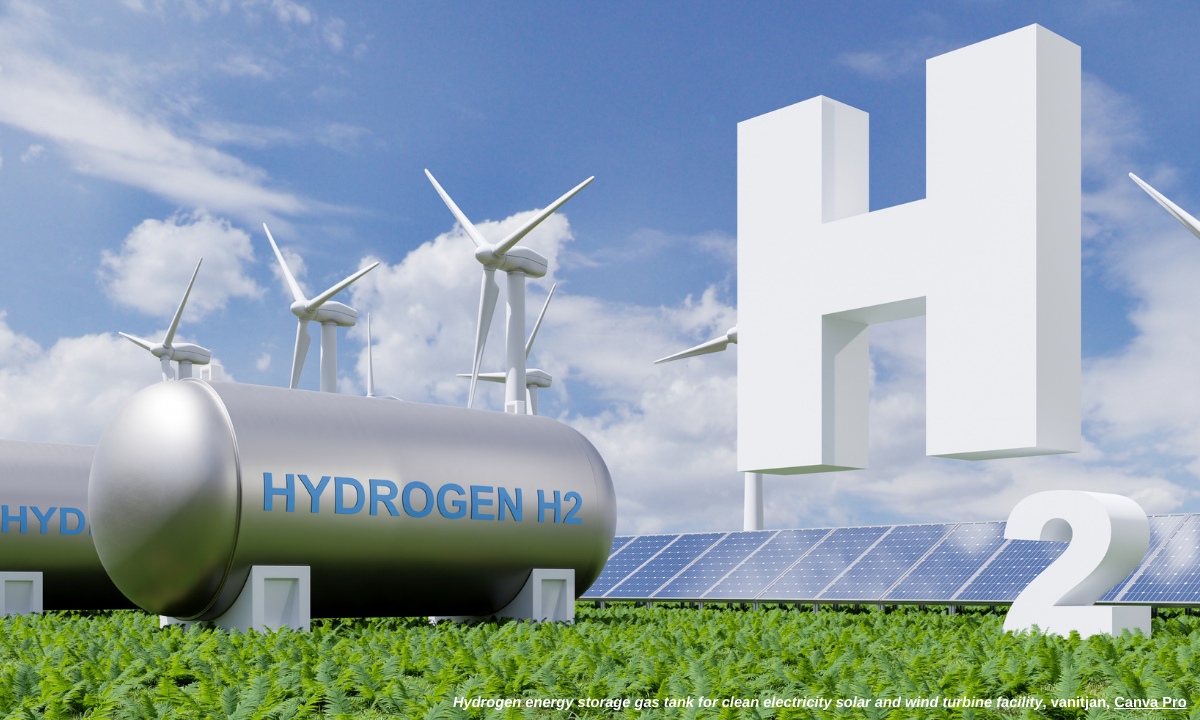Policies for a Sustainable Hydrogen Economy in Europe
While green hydrogen will play a vital role in decarbonising our economy, it is not the primary solution for emissions reduction. The policy brief Policies for a Sustainable Hydrogen Economy in Europe by EUKI project Green(ing) H2 spells out principles that should guide the development of a regulatory framework to advance a green hydrogen economy in Europe that complements and is well interlinked with Member States’ national hydrogen strategies and other decarbonisation methods.

Today, there is no debate about a climate-neutral energy system and economy without the mention of hydrogen, and while it will indeed play an essential role in the decarbonised future, in terms of the effectiveness of emissions reduction approaches, hydrogen doesn’t stand as the primary solution. Instead, energy efficiency and savings, renewable electricity expansion, and direct electrification are the top three approaches for reducing emissions. However, green hydrogen becomes essential in specific applications such as steelmaking and other industrial processes, as well as for long-distance aviation and shipping, and it can be beneficial in seasonal energy storage.
EUKI project “Green(ing) H2” aimed to empower civil society – such as NGOs, think tanks and associations, to engage actively in the hydrogen debate and to support the policy processes on the EU level as well as in Poland, Germany, and Portugal as countries that hold key roles in advancing the hydrogen economy in Europe.
The policy brief “Policies for a Sustainable Hydrogen Economy in Europe” should therefore guide the development of a regulatory framework for a green hydrogen economy in Europe and in the three focus countries – Portugal, Poland, and Germany – to guarantee that hydrogen is well integrated into the broader energy system. This means that hydrogen complements direct electrification, renewable electricity expansion, and efficiency gains and concurrently contributes to the fast and efficient decarbonisation of the overall system. For this reason, a spotlight is put on the production of green hydrogen, prioritisation of hydrogen uses in hard-to-abate sectors, and sustainability criteria and mechanisms to comply with these criteria for both domestically produced and – in particular – imported hydrogen. The proposed guidelines and policy measures aim at shaping the policy landscape until around 2030.
